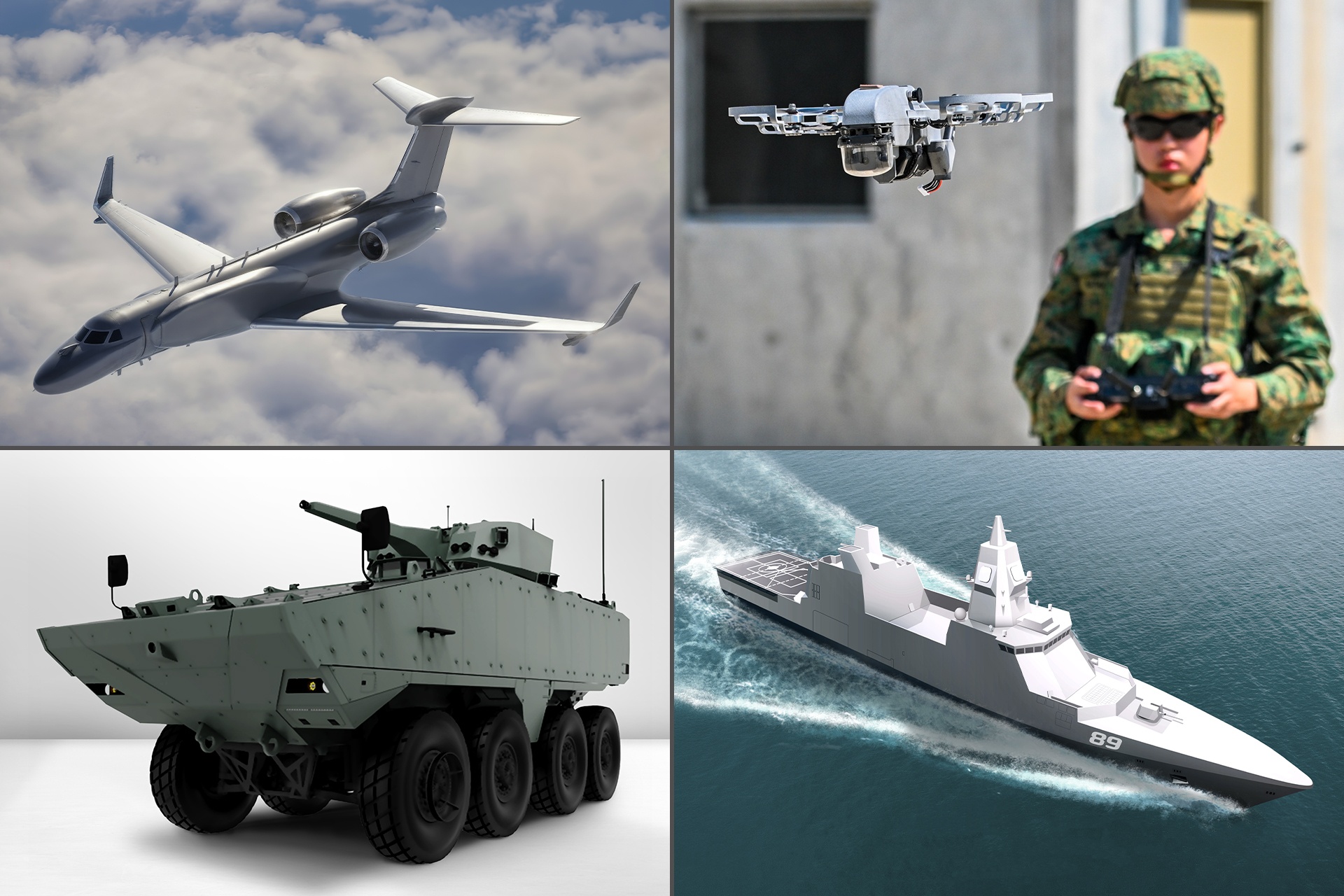OPS & TRAINING
SAF RAMPS UP COUNTER-TERRORISM INTELLIGENCE, CYBER AND MARITIME CAPABILITIES
02 Mar 2020
The aim is to better tackle the rising threats of terrorism, cyberattacks and sea robberies.
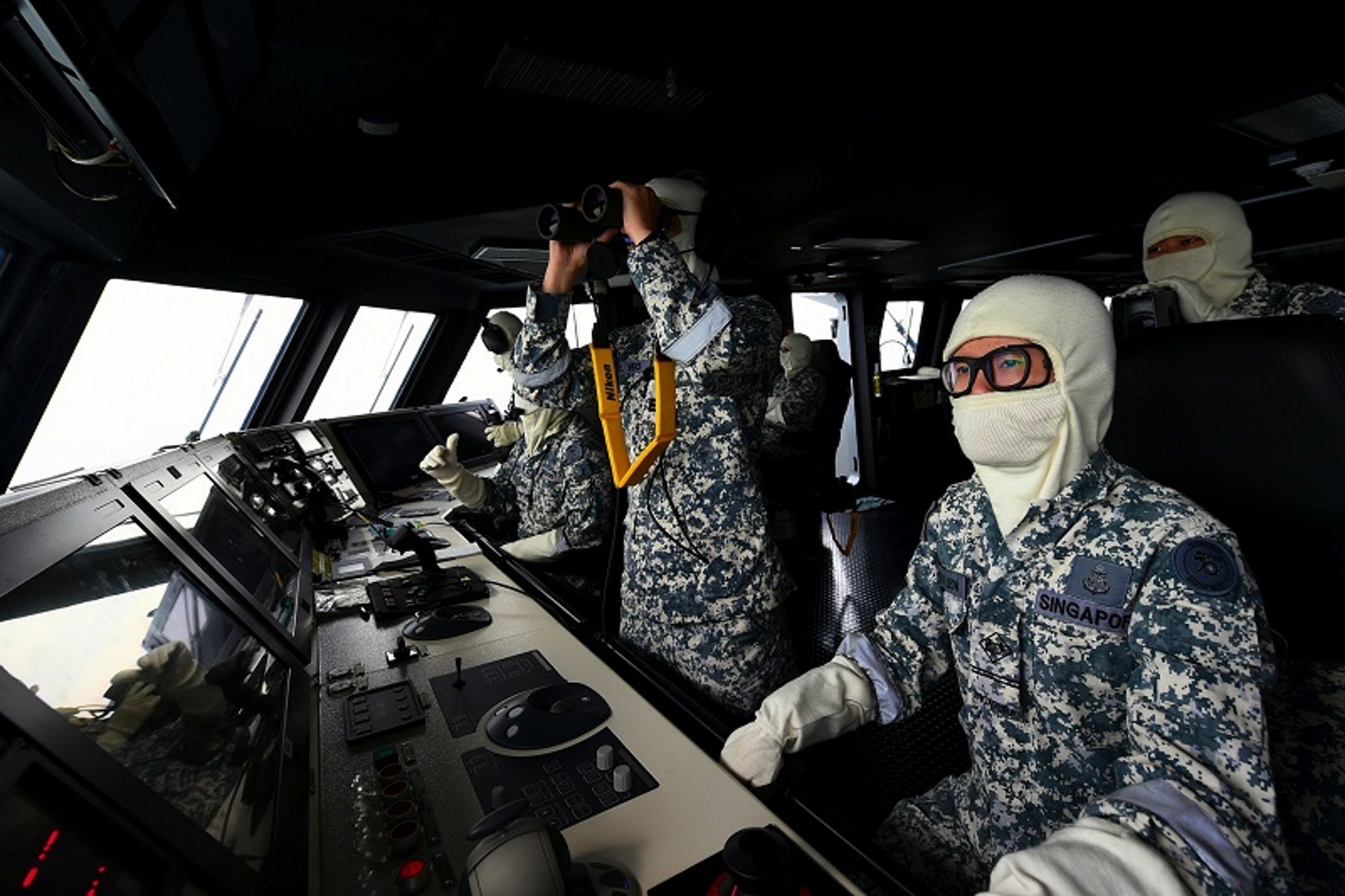
The Singapore Armed Forces (SAF) will restructure to respond to a new environment of security challenges, said Minister for Defence Dr Ng Eng Hen during the Committee of Supply debate on the defence budget on 2 Mar.
These include restructuring its military intelligence units, building an integrated cyber command as well as boosting its maritime security capabilities.
"Against the changing geopolitics…we need to respond to clear and present security threats – namely three: terrorism, cyber threats and maritime threats," said Dr Ng.
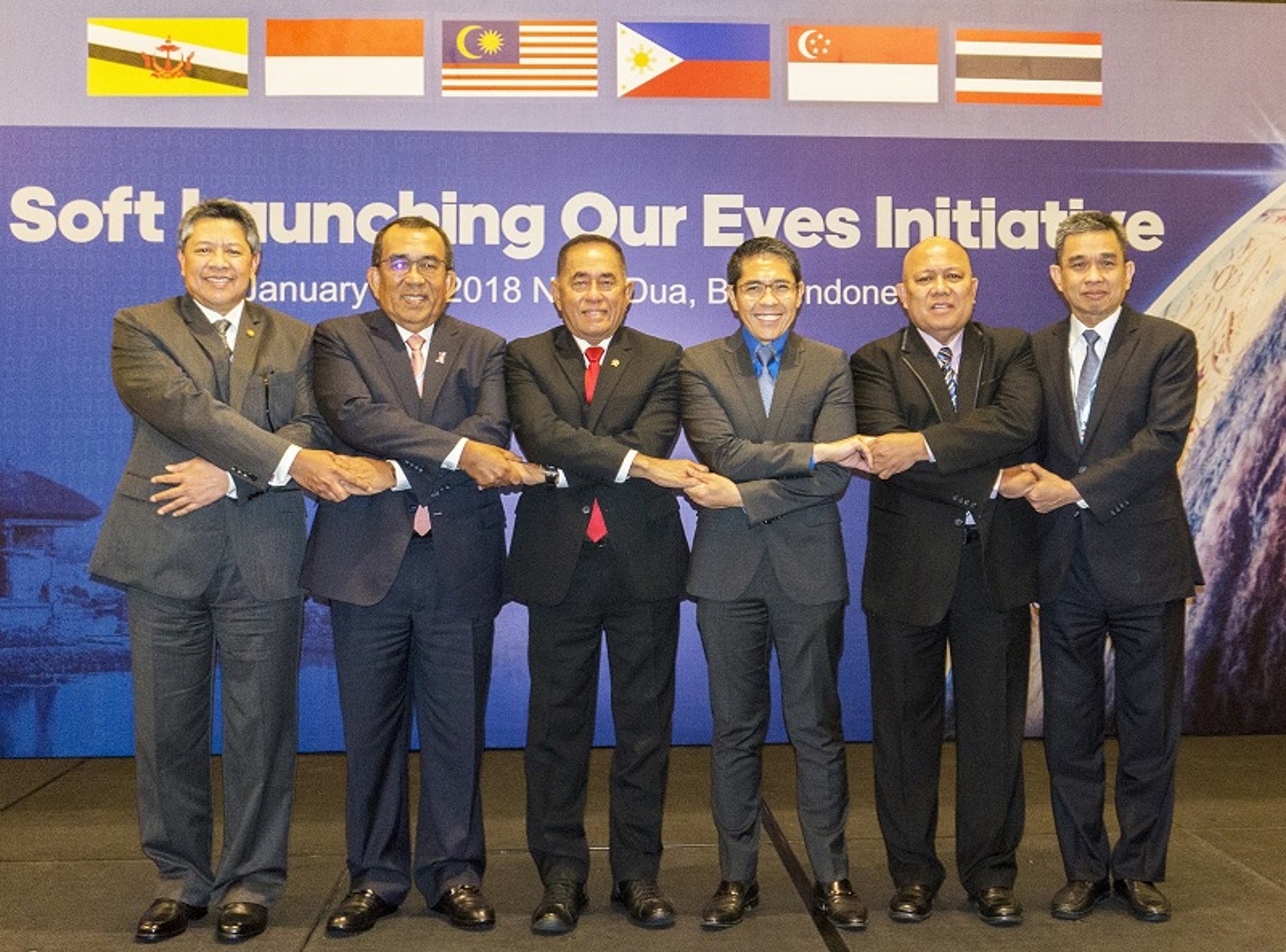
He noted that the SAF will restructure its own military intelligence units so that counter-terrorism intelligence to detect, forewarn and respond to terrorist plots are now part of their core missions to protect Singapore. "It will be a key deliverable and accountability for SAF intelligence units even as they work together with other Singapore agencies within this space."
Dr Ng added that the SAF has stepped up efforts and formalised intelligence sharing through the ASEAN "Our Eyes" initiative and will also work closely with other like-minded countries.
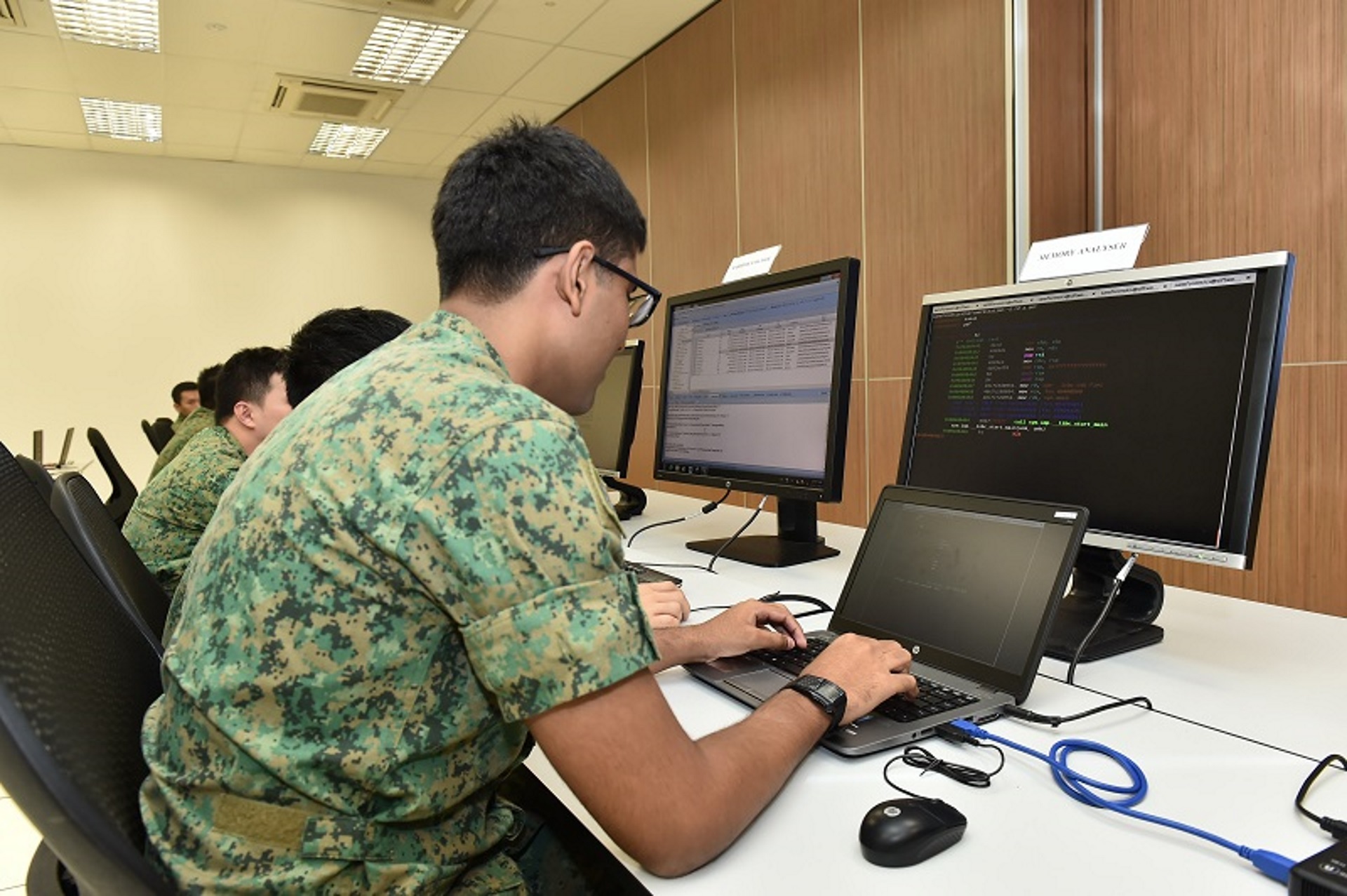
On the cyber front, a high-level committee has been formed to spearhead efforts against cyber threats. It will be led by Permanent Secretary (Defence Development) Joseph Leong and the Chief of Defence Force Lieutenant-General Melvyn Ong.
"This is as important as raising another service, just like Army, Navy and Air Force, namely to build an integrated cyber command and force to defend our digital borders, especially against foreign cyber actors, both state and non-state, who seek to undermine our stability and/or pose a threat to national security," said Dr Ng.
The restructured SAF Cyber Command will be responsible for providing threat assessments and early warnings of cyberattacks, as well as responding to them.
"The universe of cyber threats and activists is large and the Cyber Command will have to prioritise its efforts and focus on key targets so as to not dissipate resources," noted Dr Ng, who added that the restructuring will take some years to accomplish.
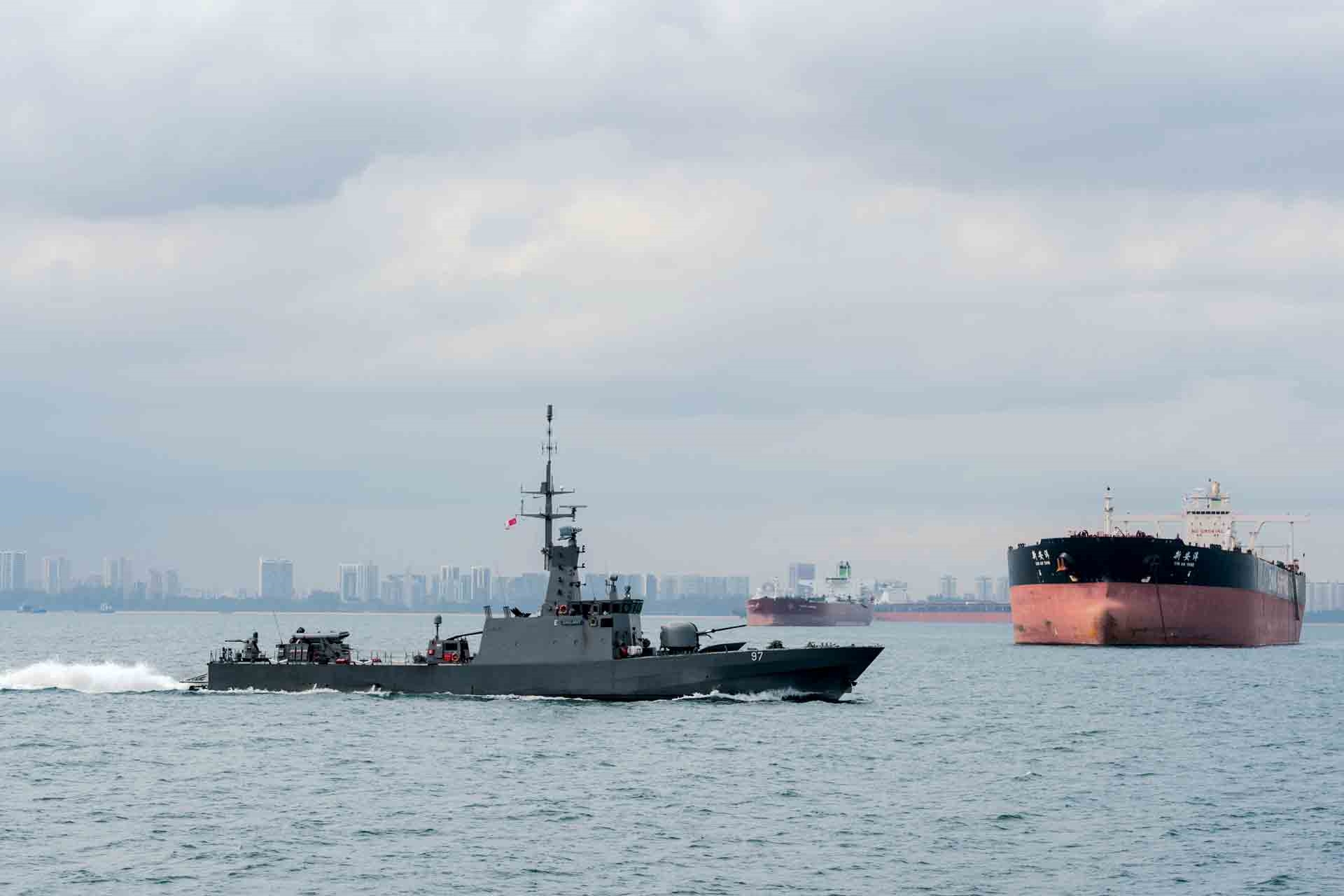
Maritime threats have expanded in recent years, said Dr Ng, citing examples such as the recent spike in sea robbery incidents in the Singapore Strait as well as intrusions into Singapore's territorial waters.
He noted that MINDEF has reached out to its counterparts in Malaysia and Indonesia to use the Malacca Straits Patrol platform – which carries out coordinated patrols and information-sharing along the Straits of Malacca and Singapore – to help deal with the increased cases of piracy.
And to strengthen its capabilities, the Republic of Singapore Navy's Maritime Security Task Force (MSTF) will be acquiring new purpose-built platforms. For a start, four refurbished patrol vessels will be deployed for greater persistence to protect Singapore's territorial waters.
These new assets will work together with the MSTF's Littoral Mission Vessels to safeguard Singapore's waters against intrusions and other maritime threats.
ALSO READ IN OPS & TRAINING
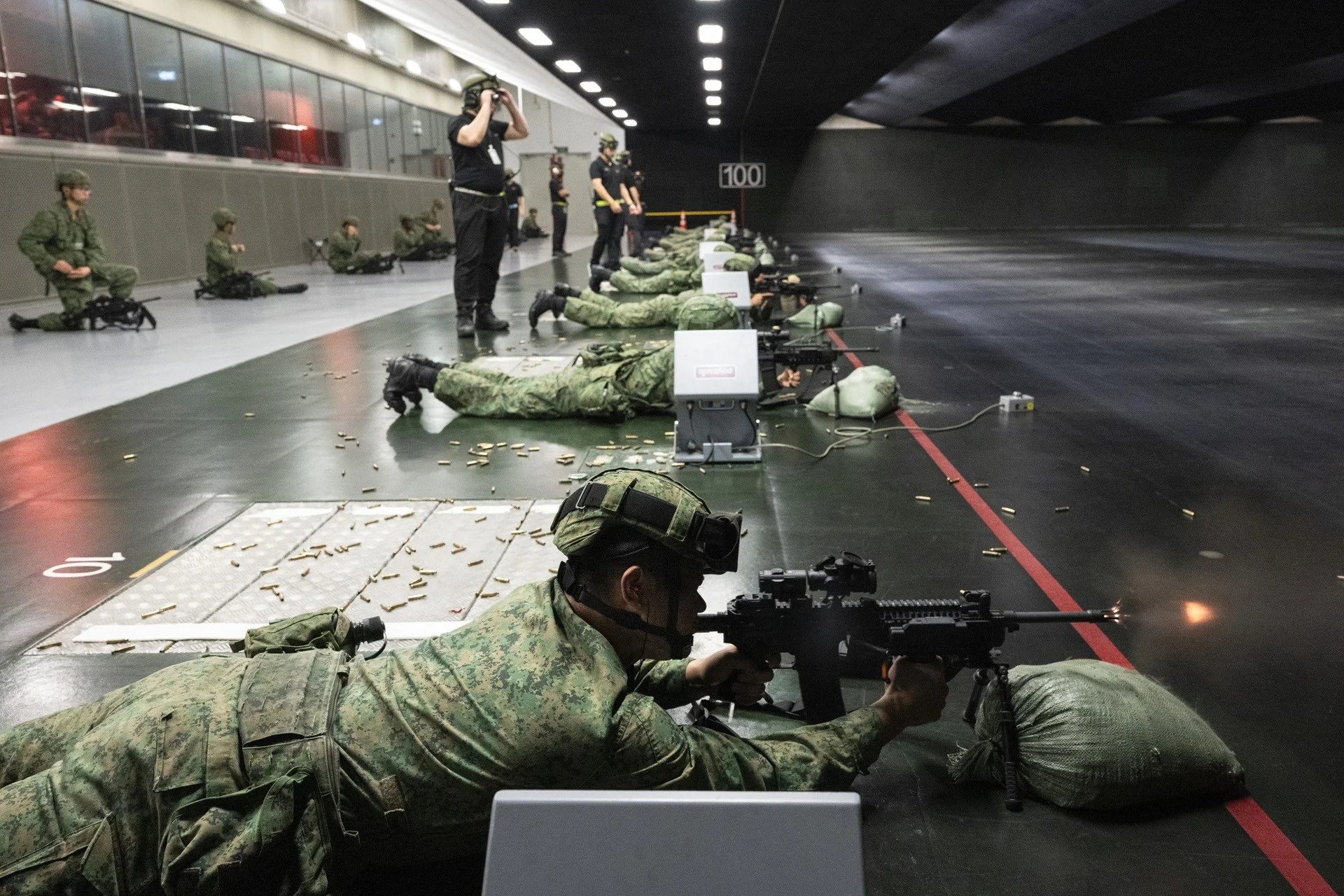
New firing range complex at Bedok Camp; Medical Classification System to be redesigned
27 Feb 2026
To train soldiers for a more complex environment, the SAF will build a new Multi-Mission Range Complex, as well as introduce opportunities for national servicemen to take on new roles, and more ways to volunteer.
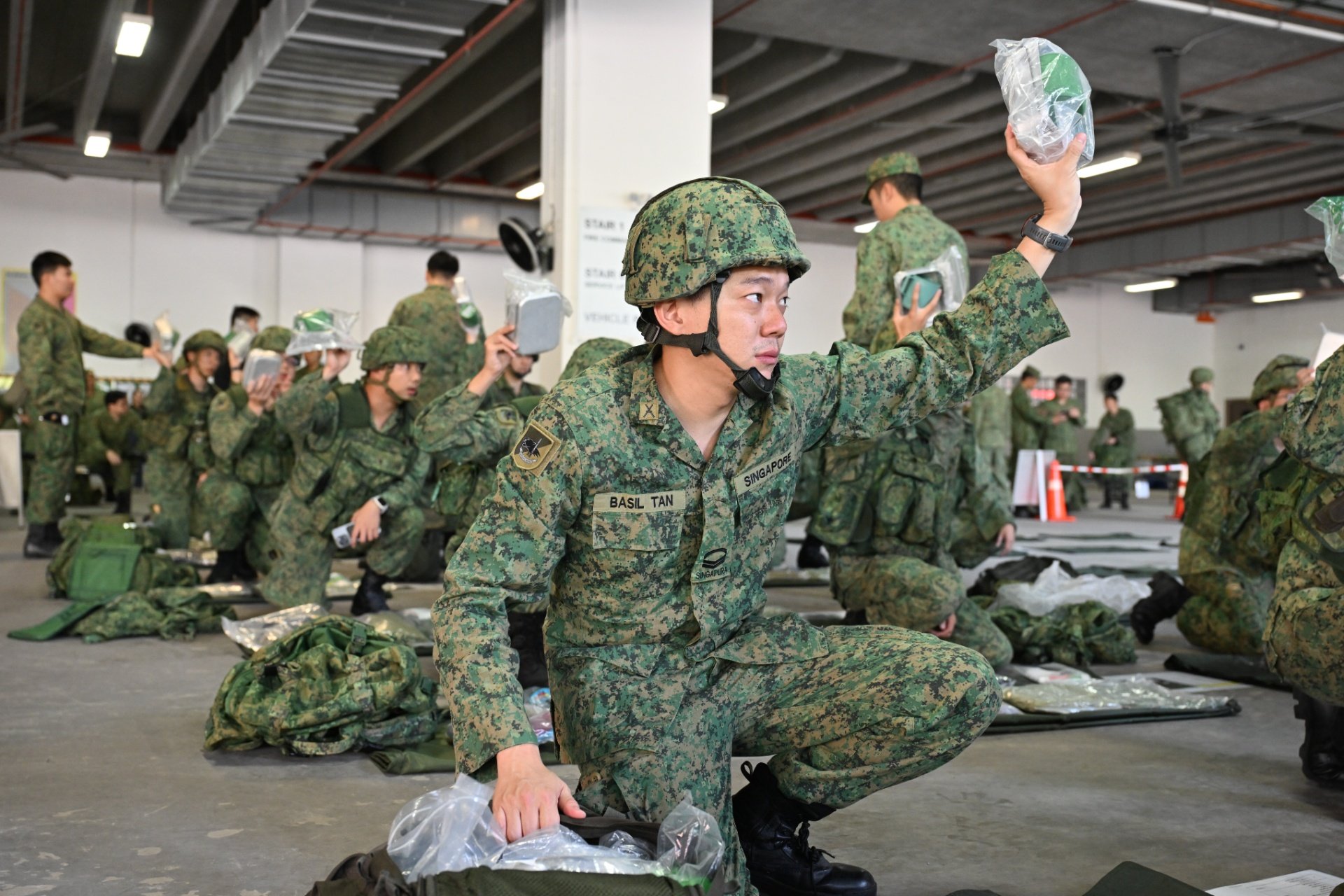
Reaffirming their commitment to defence
07 Feb 2026
Over 3,000 NSmen displayed their commitment to Singapore’s defence at a MOBEX in Selarang Camp.
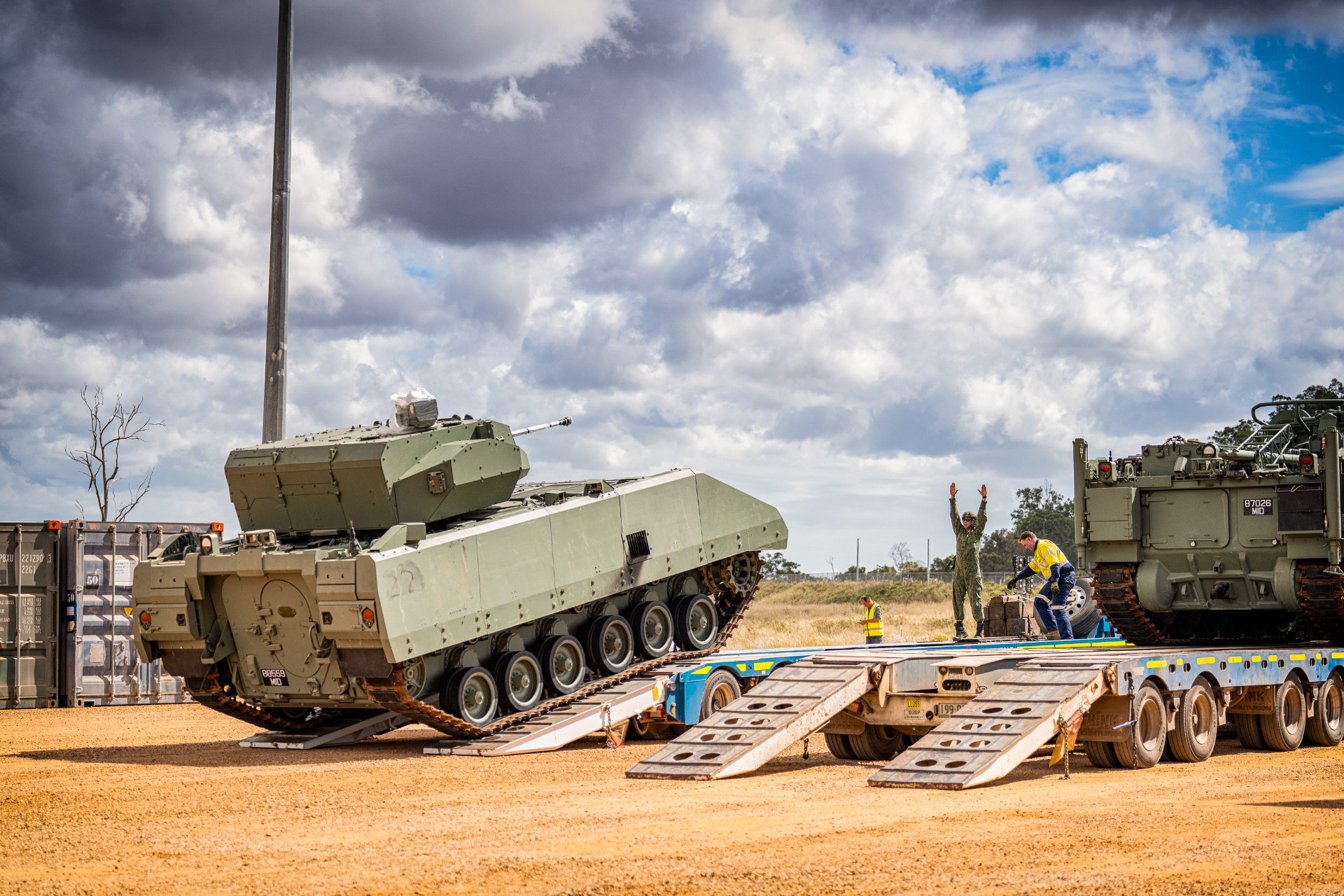
First in, last out at Ex Wallaby 2025
06 Nov 2025
Meet the teams who toil behind the scenes to enable the smooth conduct of the SAF’s biggest unilateral overseas exercise.


